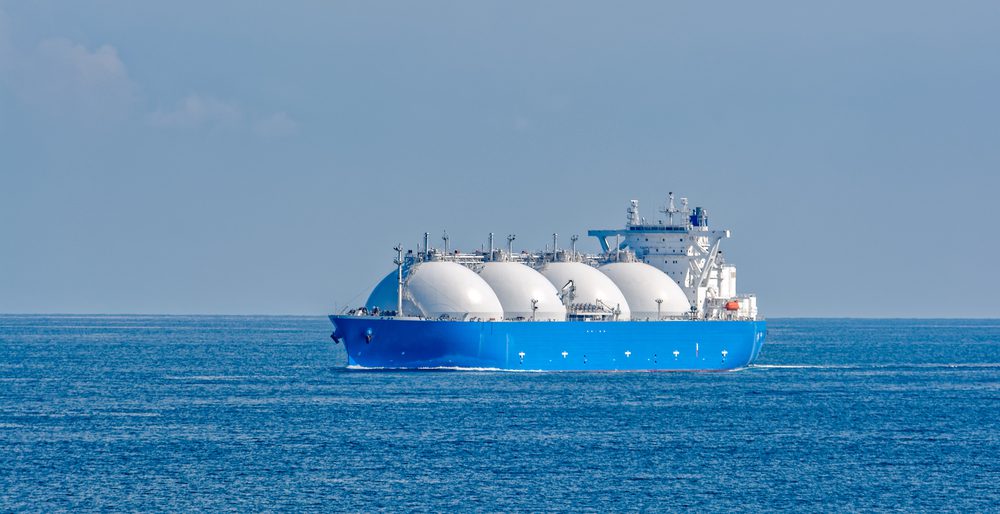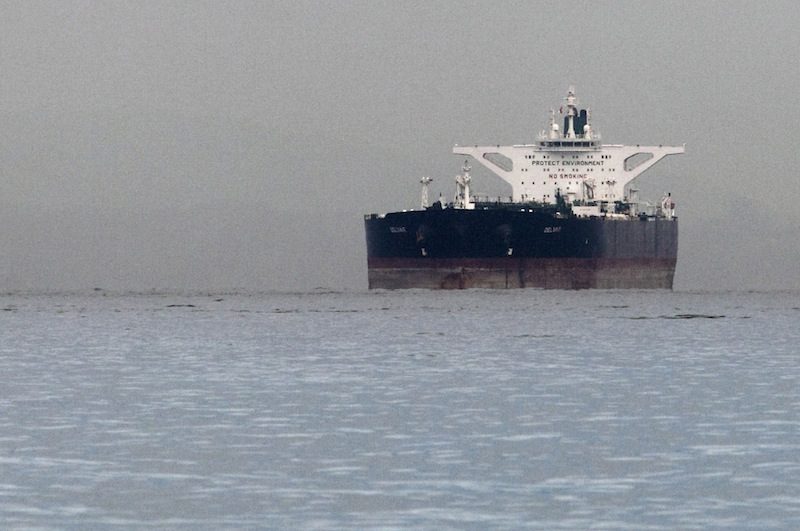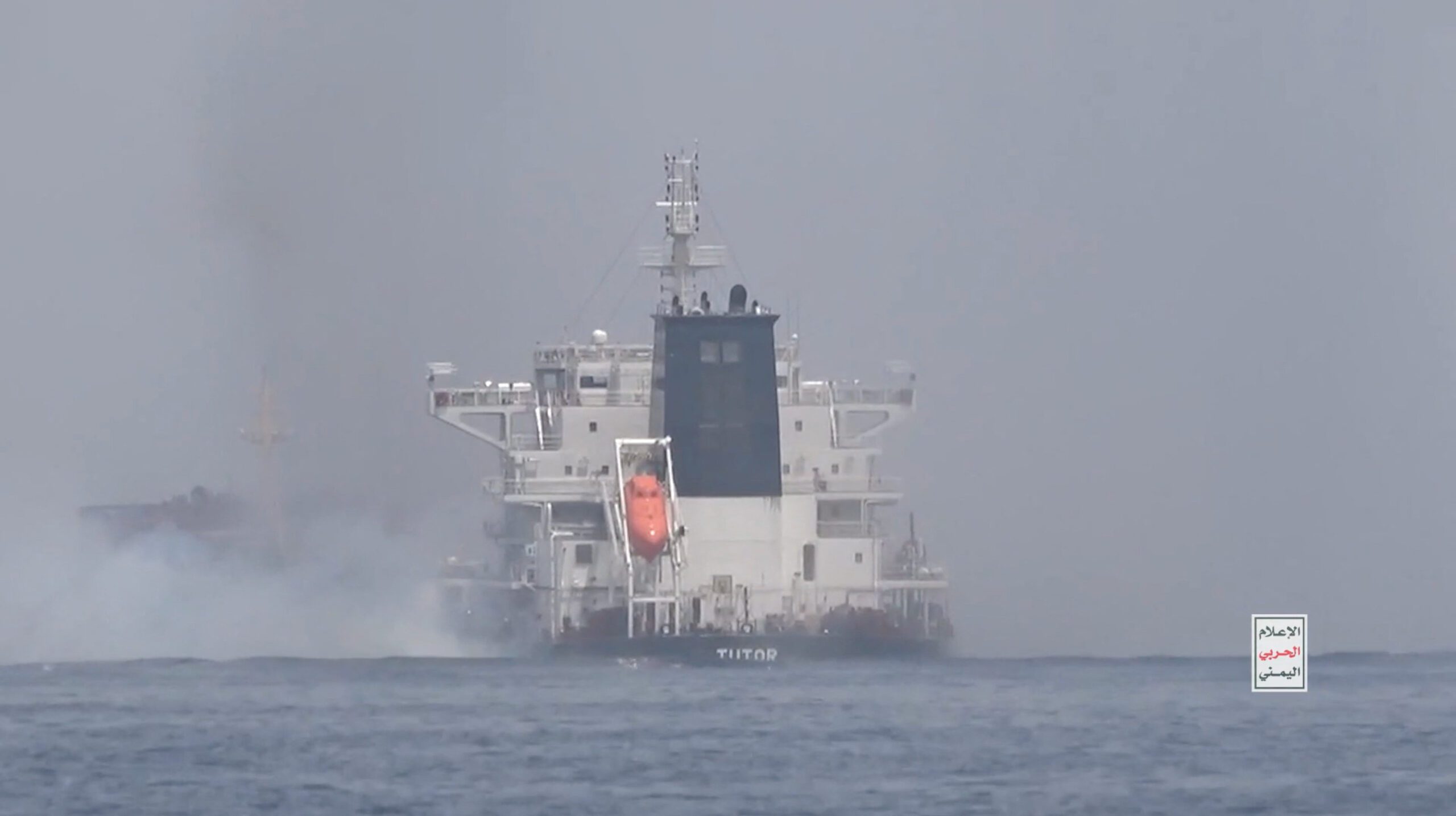The American Maritime Partnership, representing the domestic maritime industry, has sent a letter to New England governors urging them not to rely Jones Act waivers to help reduce energy costs this winter.
As gCaptain has reported, New England governors have been pushing for a blanket waiver of the Jones Act to allow domestic gas to be shipped to the region on foreign ships amid a tight natural gas market and high energy prices expected this winter.
Pushing back on governors’ claims, the AMP letter expresses that the Jones Act is not the cause of the New England’s higher energy costs, nor would a waiver of the Jones Act help to reduce costs for New England consumers.
“Neither maritime transportation in general nor the Jones Act in particular is the problem, and a waiver of the Jones Act will not reduce energy prices in your states,” AMP President Ku’uhaku Park says in the letter. “Higher energy prices in the region in the region are the culmination of years of policies and commercial decisions that have decreased reliability and increased costs for New England consumers.
“We are deeply sympathetic to the need to provide relief to struggling citizens of your states; the U.S. maritime industry employs tens of thousands of mariners and shoreside personnel throughout New England and they, too, are bearing the brunt of higher energy costs this winter. However, blaming the Jones Act for this situation is misdirected. The real cause of the high energy prices is the lack of natural gas pipelines, the most efficient form of transportation for gas within and into New England; the lack of LNG storage capacity in New England, making long-term energy preparation impossible; inadequate LNG receiving facilities and other infrastructure in New England; and the region’s risky reliance on short term “spot market” LNG purchases, which are more expensive, not long-term contracts traditionally employed by other LNG buyers,” Park adds.
Park says blaming the Jones Act is a political soundbite, and not a real solution. He points to a recent statement from Amy Andryszak, President and CEO of the Interstate Natural Gas Association of America, who said calls to waive the Jones Act “are not lasting or affordable solutions to addressing electric reliability concerns.”
Park also adds that there is well-established legal procedure for waivers of the Jones Act that can be considered if circumstances dictate.
“There is neither a need for a prospective, blanket waiver of the law, nor is a blanket waiver allowed under U.S. law, as U.S. Energy Secretary Granholm has explained to you. Should a circumstance arise in which a waiver is requested, and it meets the legal criteria for granting such a waiver, the Biden Administration has all of the authorities needed to grant such a waiver,” Park says.
“AMP welcomes the opportunity to engage in meaningful conversations about long-term solutions to New England’s energy challenges, and we stand ready to play a constructive role in bringing about those solutions. But we hope future discourse reflects the reality of the larger regional energy situation, rather than soundbites that distract from underlying issues and do nothing to provide relief to your constituents,” the letter concludes.
You can read the full letter here.
Unlock Exclusive Insights Today!
Join the gCaptain Club for curated content, insider opinions, and vibrant community discussions.

 Join The Club
Join The Club













